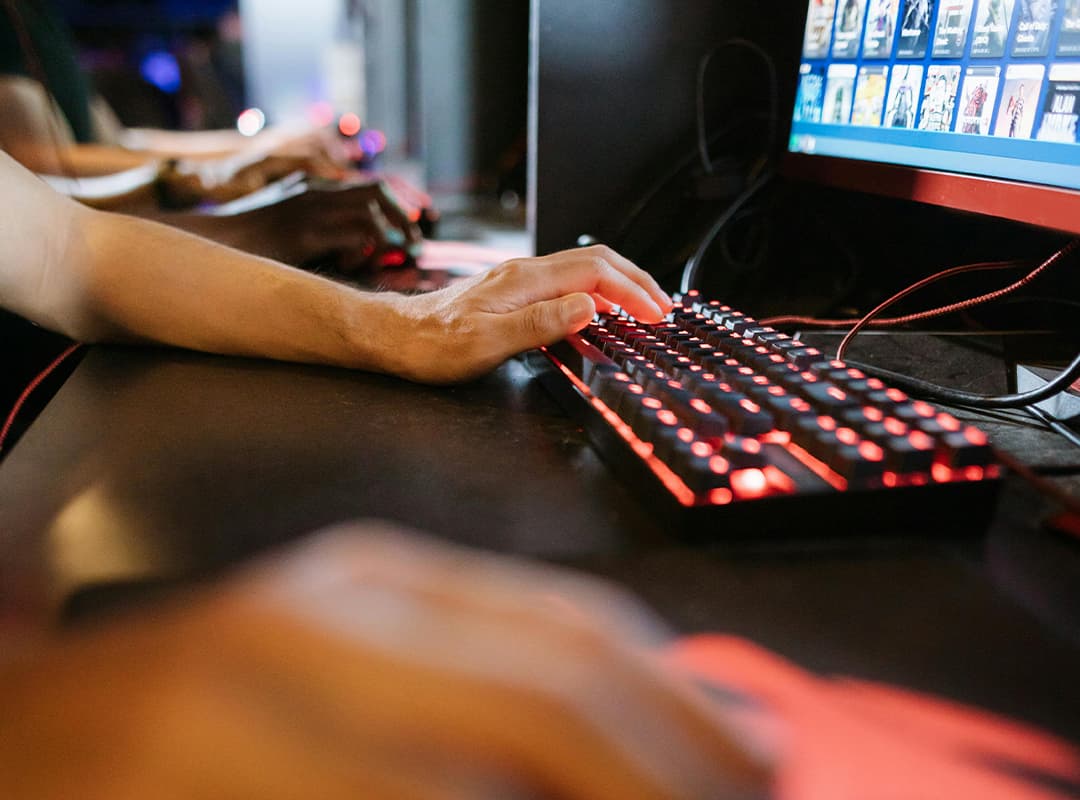The convergence of decentralized finance (DeFi) and gaming has opened up exciting new possibilities for both industries. By integrating financial instruments into gameplay, developers can create immersive experiences that offer players not only entertainment but also the potential to earn real-world value. This fusion of gaming and finance is reshaping the landscape, enabling unique economic models and expanding the horizons of what games can offer. In this article, we explore how DeFi is being integrated into gaming projects and highlight some innovative use cases, including the role of gleam competitions in engaging the community.
The Intersection of DeFi and Gaming
Decentralized finance (DeFi) refers to the ecosystem of financial applications built on blockchain technology, aiming to recreate and improve traditional financial systems in a decentralized manner. This includes services like lending, borrowing, trading, and earning interest, all without intermediaries. By integrating these financial services into gaming, developers can offer new forms of gameplay and monetization, creating a more engaging and rewarding experience for players.
Key Benefits of DeFi Integration in Games
- Play-to-Earn Models: DeFi allows for the creation of play-to-earn (P2E) models, where players can earn cryptocurrency or in-game tokens by participating in the game. This model not only incentivizes gameplay but also allows players to generate real income.
- True Ownership of Assets: By using non-fungible tokens (NFTs), players can have true ownership of in-game assets, such as characters, items, and land. These assets can be traded, sold, or used in DeFi protocols, providing additional financial opportunities.
- Liquidity Pools and Staking: Players can earn rewards by providing liquidity to decentralized exchanges or staking their in-game tokens. This not only supports the game’s economy but also offers players passive income opportunities.
- Decentralized Marketplaces: DeFi-powered marketplaces allow players to buy, sell, and trade in-game assets directly, without the need for intermediaries. This increases transparency and fairness in transactions.
Innovative Use Cases of DeFi in Gaming
1. Yield Farming and Liquidity Mining
Some games incorporate yield farming and liquidity mining mechanics, where players can earn rewards by staking their tokens in liquidity pools. For instance, a game could offer a unique in-game item or a share of transaction fees to players who provide liquidity. This not only incentivizes players to participate in the game’s economy but also helps stabilize the token’s value by increasing liquidity.
2. Decentralized Loans and Collateral
Players can use their in-game assets as collateral to secure loans through DeFi protocols. This feature allows players to access liquidity without selling their valuable items, which can be particularly useful during gameplay or for participating in limited-time events.
3. In-Game Investment Opportunities
Games can offer players the opportunity to invest in virtual businesses or real estate within the game world. These investments can yield returns over time, mirroring real-world financial markets. For example, a game could have a virtual stock market or a real estate market where players can buy shares or properties that generate passive income.
4. Insurance Mechanisms
DeFi can introduce insurance mechanisms into gaming, protecting players’ assets from hacks or unforeseen losses. By paying a premium, players can secure their investments, adding a layer of security and trust to the game’s ecosystem.
Engaging the Community with Gleam Competitions
To promote DeFi integrations and boost community engagement, many games utilize marketing strategies like gleam competitions. These competitions encourage players to participate in various activities, such as social media sharing, gameplay achievements, and referrals, in exchange for rewards like in-game assets or cryptocurrency. Gleam competitions are an effective way to increase visibility, attract new players, and create buzz around new features or events.
Case Studies: DeFi Gaming Projects
1. Axie Infinity
Axie Infinity is a pioneer in the play-to-earn model, allowing players to earn SLP (Smooth Love Potion) tokens by battling and breeding Axies. The game also offers AXS staking, providing players with governance rights and rewards. Axie Infinity has successfully integrated DeFi elements, creating a robust economy where players can earn real income.
2. Decentraland
Decentraland enables players to buy, sell, and rent virtual land and assets as NFTs. The platform has incorporated DeFi elements like MANA staking and participation in DAO governance. This integration allows players to have a say in the platform’s development and earn rewards through various economic activities.
3. Yield Guild Games (YGG)
Yield Guild Games is a decentralized autonomous organization (DAO) that invests in virtual assets across various blockchain games. YGG members can earn a share of the profits generated from these assets. The organization provides a model for how DeFi can facilitate collective ownership and profit-sharing within gaming communities.
The integration of DeFi into gaming projects is transforming the way players interact with games, offering new financial opportunities and enhancing the overall experience. From play-to-earn models to decentralized marketplaces and investment opportunities, DeFi is unlocking new dimensions of gaming. By leveraging tools like gleam competitions, developers can effectively engage their communities and promote these innovative features. As the boundaries between gaming and finance continue to blur, we can expect even more creative and impactful applications of DeFi in the gaming world.



